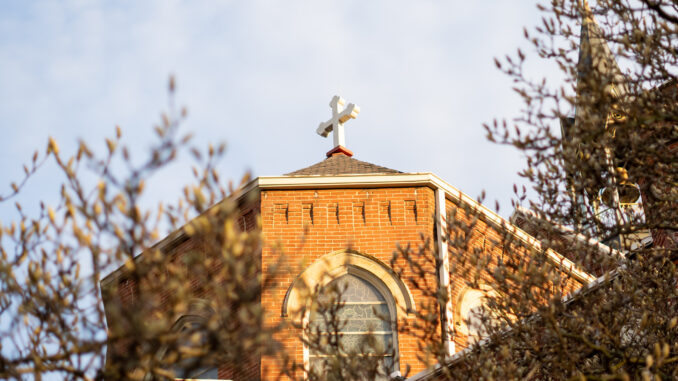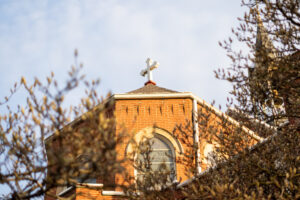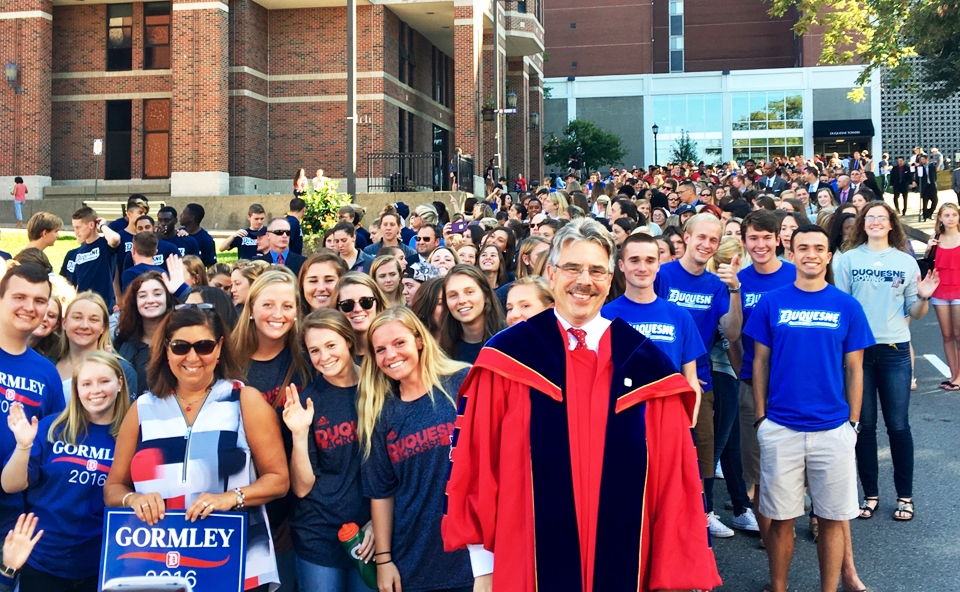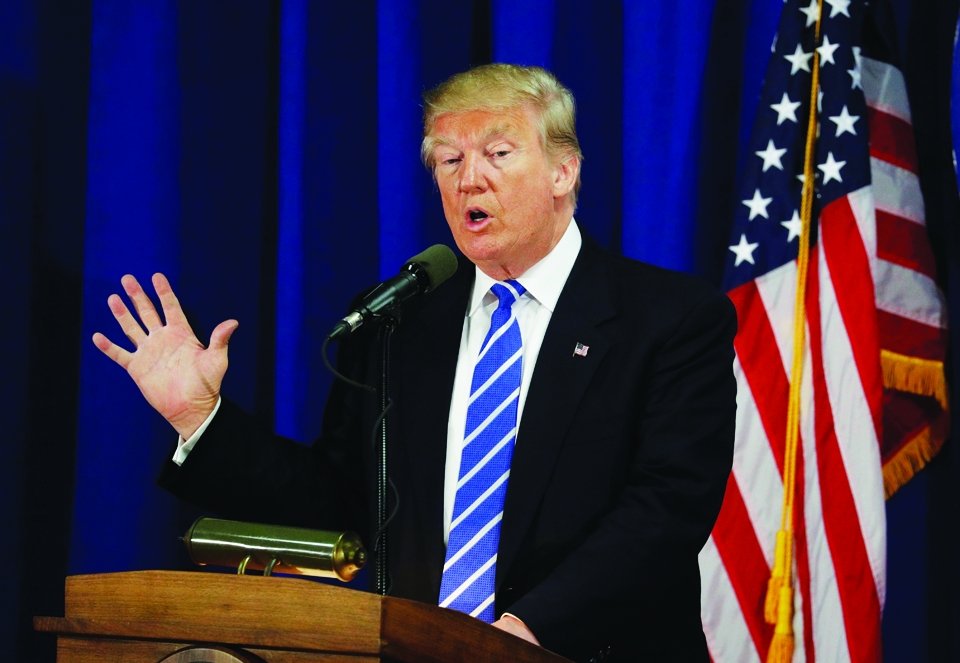
Emily Ambery | Staff Writer
03/25/21

to Black Students at Duquesne.” This week, he led a virtual panel on the role
various religions play in the flight for racial equity and equality. Yancy and all the
respective panelists commented on the importance of religions calling for equity.
As the country continues to grapple with its uncomfortable relationship with racism and the ongoing call for racial justice, the Consortium for Christian Muslim Dialogue and the Duquesne Interfaith Student Organization deepened the dialogue with a discussion of religion’s role in racial equity.
The virtual panel, titled Racial Equity & Religions, took place over Zoom on March 18. The event began with keynote speaker George Yancy, a Samuel Candler Dobbs professor of philosophy from Emory University. Yancy, a Duquesne 2005 Ph.D. recipient, garnered attention just a few short weeks ago when The Duke published his “Open Letter to Black Students at Duquesne University.”
To initiate the discussion, Yancy spoke about whiteness and its implication on religion and racism in America.
“If Black lives really mattered to white people, and especially religious white people, I desire to see gious white people, I desire to see white rage against itself, its own white power and privilege and its complicity with white supremacy,” Yancy said. “I would like to see their white rage overflow in the streets of this nation shouting, ‘My whiteness is a lie.’”
After Yancy’s address, each panelist followed with a presentation on their own religion and its teachings on race and role in racism.
The first panelist was Sangeeta Chakravorty. She presented her perspective on racial equity as it relates to her religion, Hinduism. Chakravorty held a 30-second moment of silence for those who have died at the hands of injustice.
Intolerance towards the so-called ‘Other’ is extremely painful, and does not conform to the religious tenets Hinduism recommends,” Chakravorty said.
Next, Rona Kaufman Kitchen gave a presentation on the relationship between Judaism and race. Kitchen presented four ways of looking at racial equity in Judaism: Jewish teachings, Jewish history, intra-community racial equity in the American Jewry and the role of Judaism in anti-Black racism in America.
Following Kitchen, Kamal Shlbei gave a presentation on how Islam views and values equality, especially when it comes to race. Shlbei provided insight to Islamic teachings on human dignity and its role in promoting and advocating for racial equity.
Anna Floerke Scheid followed with the Christian perspective on equity and race. Scheid discussed the history of Christianity in America and the Civil Rights Movement. Scheid acknowledged the work Christianity has to continue doing with regard to racial justice and commented on the progress Christianity has made thus far in a movement that is anti-racist.
Next, Will Adams gave a presentation on racial equity with the Buddhist perspective. Adams discussed the delusion of separation of self versus other. Buddhism recognizes differences between people but realizes that people are never separate from each other.
The last panelist, Jesse Washington, represented the Bahá’í Faith. Washington spoke on racial equality and equity and their importance to the Bahá’í Faith.
“The Bahá’í Faith recognizes that racial equality is a fundamental need of this time, and without it, the promises of all of our religions cannot be fulfilled,” Washington said.
The event concluded with questions for the panelists from the audience. Some of the questions touched on ways college students specifically can raise awareness of solidarity and allyship in their own religious communities.
“I am hopeful we are moving in a direction that is important that we are able to see how differently [minorities] are treated in America and recognizing we have a responsibility in America to be partners with other minorities who are experiencing really severe racism in the United States,” Kitchen said. An audio recording is available on the Consortium for Christian Muslim Dialogue website for those who missed the live event.



